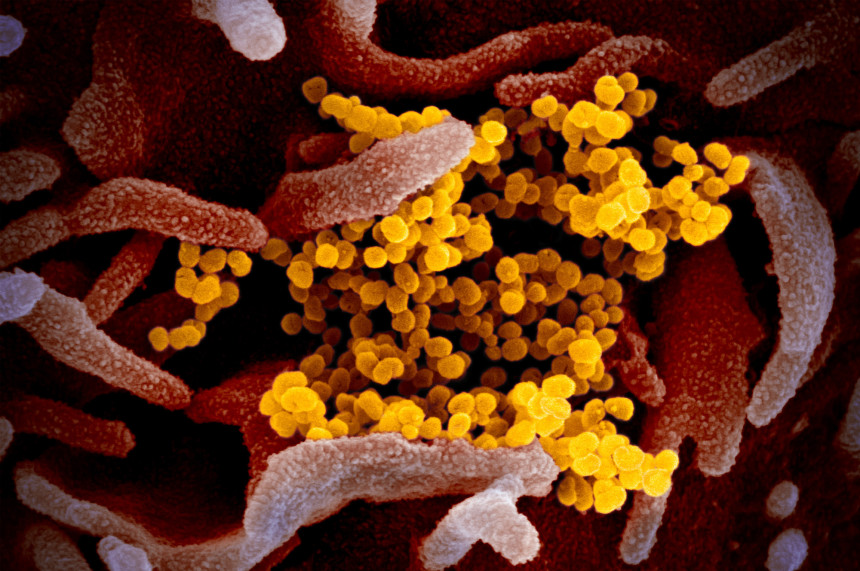A University of California at Berkeley public health expert said on Friday that there are some hopeful signs in the fight to contain the spread of the novel coronavirus pandemic but it probably won’t be completely controlled until a vaccine for it is developed.
Dr. Arthur Reingold, professor of epidemiology and head of the Division of Epidemiology and Biostatistics at UC Berkeley’s School of Public Health, said the cruel truth is “there’s no vaccine to get us out of this pickle for a year or more.” Responding to a question by UC Berkeley spokesman Dan Mogulof about when the COVID-19 epidemic will be over, Reingold said on the first of a new series of live online videos on the topic, “An honest answer is that no one knows.”
Reingold said shelter-in-place orders that were imposed by Bay Area health officers more than two weeks ago seem to be working to slow the spread of COVID-19 in this region, although he warned that it’s too soon to know for sure.
Reingold also said it’s possible that warmer weather could help slow the spread of the coronavirus. But if that’s the case, there still would be a high probability that coronavirus cases would spike again when colder weather arrives next winter, he said. Reingold said a break over the summer would be helpful because it would give government agencies and health officials time to be better prepared with more tests, treatments and protective equipment in the event of a second surge later in the year.
Reingold admitted that the evolving advice that health officials have been giving to the public about wearing protective masks is “very confusing.”
Reingold said the initial advice was that only people who had symptoms such as coughing and sneezing should wear masks while out in public in order to avoid passing the virus to others and that healthy people didn’t need to wear them. But now that there’s information that COVID-19 could be spread by people who never show any symptoms of the virus, he said, health officials are advising people to wear masks while they’re shopping or doing other essential activities.
“This new advice is not intended to replace social-distancing guidelines but to augment them,” Reingold said.
Reingold also admitted that when the coronavirus first appeared, “I misjudged how this could unfold in the U.S. and was unduly optimistic.” He said COVID-19 developed differently than other recent viruses and became more infectious, and alleged “the U.S. dropped the ball and didn’t respond quickly enough.”
UC Berkeley experts will participate in additional live video events on COVID-19 in the coming weeks.
